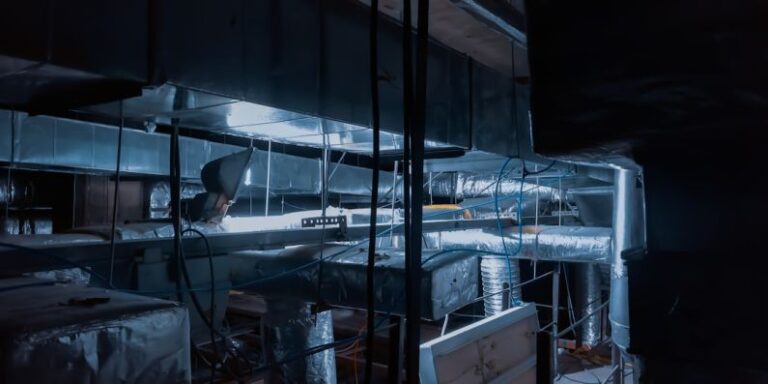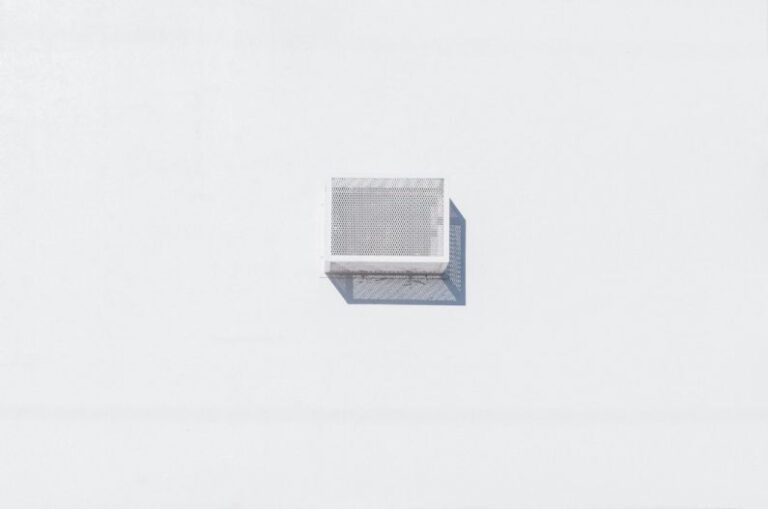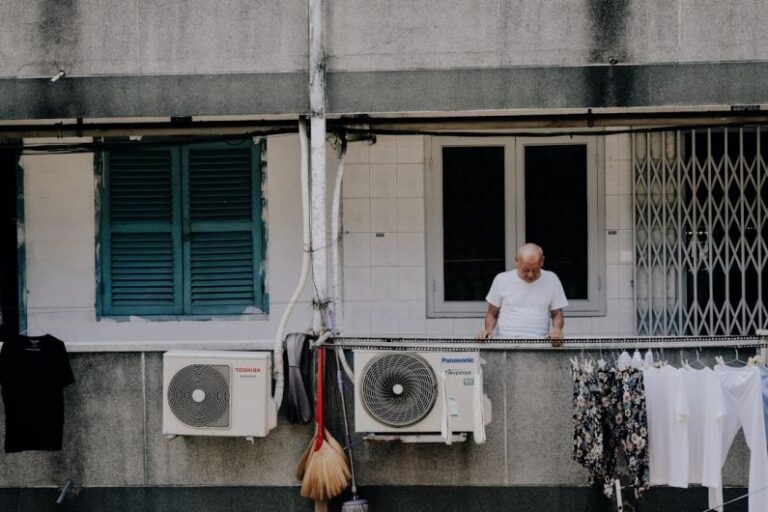
When it comes to ensuring optimal comfort and efficiency in your home, the size of your air conditioner plays a crucial role. However, one factor that often gets overlooked is the impact of insulation levels on the sizing of your air conditioning unit. Insulation is like the unsung hero of your home, quietly working in the background to keep your space cool in the summer and warm in the winter. In this article, we will delve into how insulation levels can influence the sizing of your air conditioner and why it is essential to consider this aspect when evaluating your cooling needs.
Insulation and Air Conditioner Sizing
Insulation acts as a barrier that helps regulate the transfer of heat between the inside and outside of your home. In the summer, insulation keeps the hot outdoor air from seeping into your cool indoor space, reducing the workload on your air conditioner. Conversely, in the winter, insulation helps trap the heat inside, making it easier for your heating system to maintain a comfortable temperature.
When it comes to sizing an air conditioner for your home, the level of insulation is a critical factor to consider. Insufficient insulation can lead to energy loss, as your air conditioner will have to work harder to compensate for the heat exchange with the external environment. On the other hand, a well-insulated home can significantly reduce the cooling load on your air conditioner, allowing you to opt for a smaller, more energy-efficient unit.
Impact of Poor Insulation
Poor insulation can result in a range of issues that not only affect your comfort but also impact the efficiency and longevity of your air conditioning system. In a poorly insulated home, air leaks can occur around windows, doors, and other openings, allowing conditioned air to escape and outdoor air to infiltrate. This can create temperature imbalances, making certain areas of your home too hot or too cold, even when the air conditioner is running.
Additionally, inadequate insulation can lead to increased humidity levels inside your home, which can make the space feel clammy and uncomfortable. High humidity levels can also strain your air conditioner, as it has to work harder to dehumidify the air while cooling it. This extra workload can result in higher energy bills and more frequent maintenance issues, ultimately shortening the lifespan of your air conditioning system.
The Role of Insulation in Energy Efficiency
Proper insulation not only impacts the sizing of your air conditioner but also plays a vital role in overall energy efficiency. By reducing heat transfer through walls, ceilings, and floors, insulation helps maintain a consistent indoor temperature with minimal reliance on your HVAC system. This means lower energy consumption, reduced utility costs, and a smaller carbon footprint.
In a well-insulated home, you can enjoy more stable indoor temperatures and improved comfort throughout the year. Your air conditioner will operate more efficiently, cycling on and off less frequently, and maintaining a more even distribution of cool air. This not only enhances your comfort but also prolongs the life of your air conditioning unit by reducing wear and tear.
Insulation Considerations for Air Conditioner Sizing
When evaluating the insulation levels in your home to determine the appropriate size for your air conditioner, there are a few key considerations to keep in mind. First, assess the R-value of your insulation, which indicates its thermal resistance. Higher R-values signify better insulation performance, so if your home has outdated or insufficient insulation, consider upgrading to improve energy efficiency and comfort.
Next, identify any areas of your home that may be lacking insulation or experiencing air leaks, such as attics, basements, and crawl spaces. Sealing these gaps and adding more insulation can make a significant difference in reducing your cooling load and improving the overall performance of your air conditioning system.
Conclusion: Optimizing Air Conditioner Sizing with Adequate Insulation
In conclusion, the level of insulation in your home has a direct impact on the sizing of your air conditioner and its energy efficiency. By ensuring that your home is properly insulated, you can reduce the cooling load on your air conditioning system, lower your energy bills, and enhance your overall comfort. Investing in quality insulation is a cost-effective way to optimize the performance of your air conditioner and create a more sustainable living environment. So, before you upgrade your air conditioner, take a closer look at your insulation levels and make any necessary improvements to maximize the efficiency and effectiveness of your cooling system.





